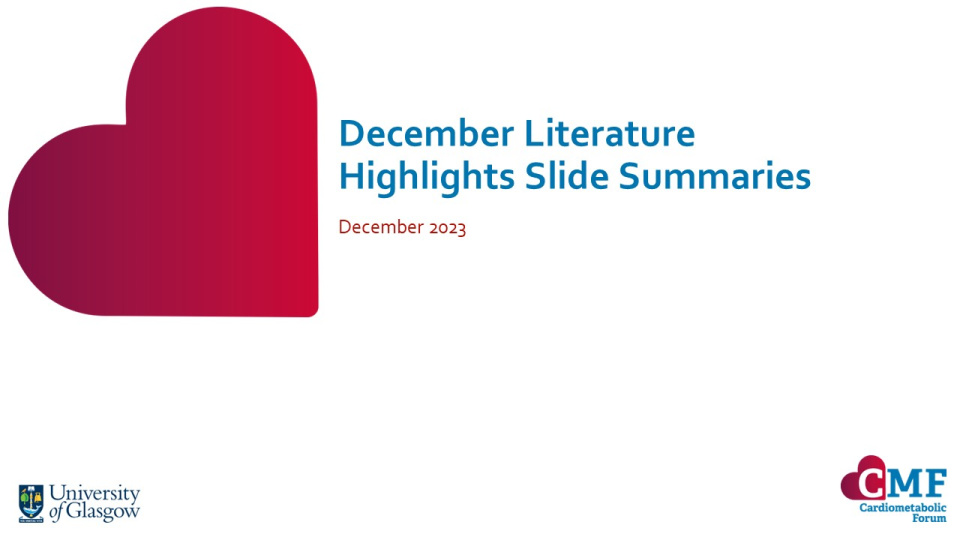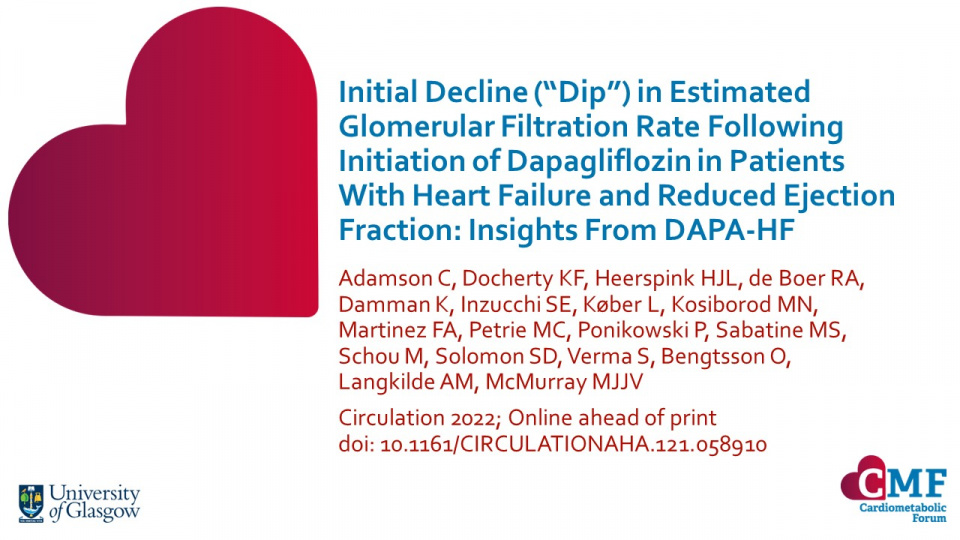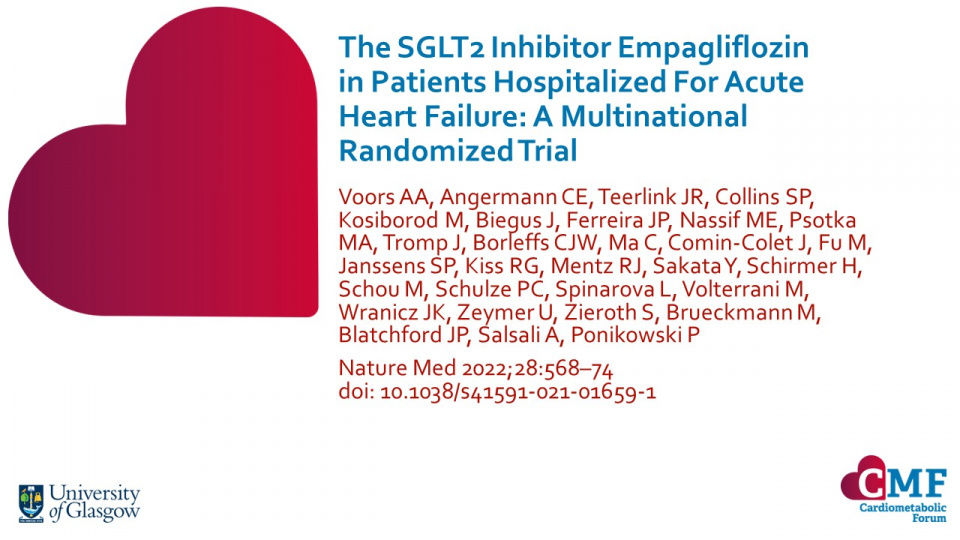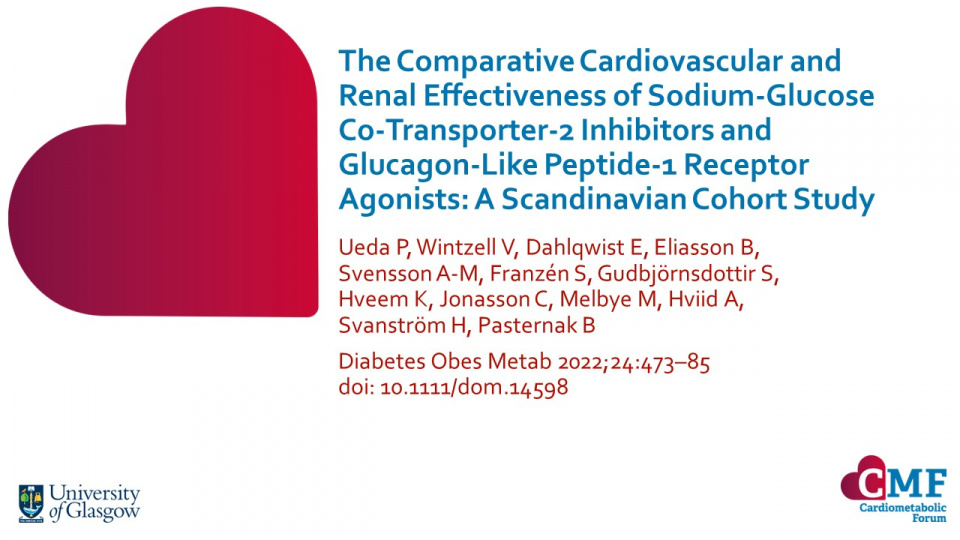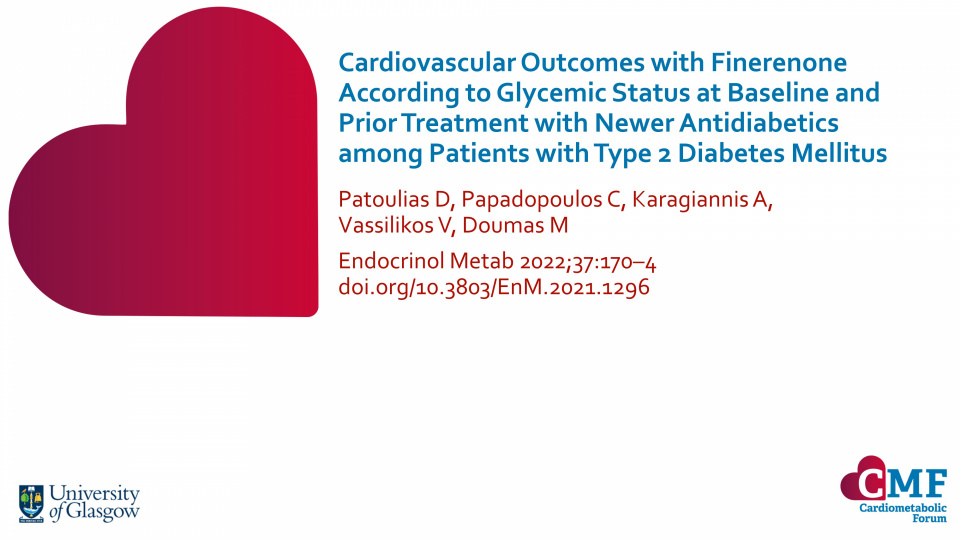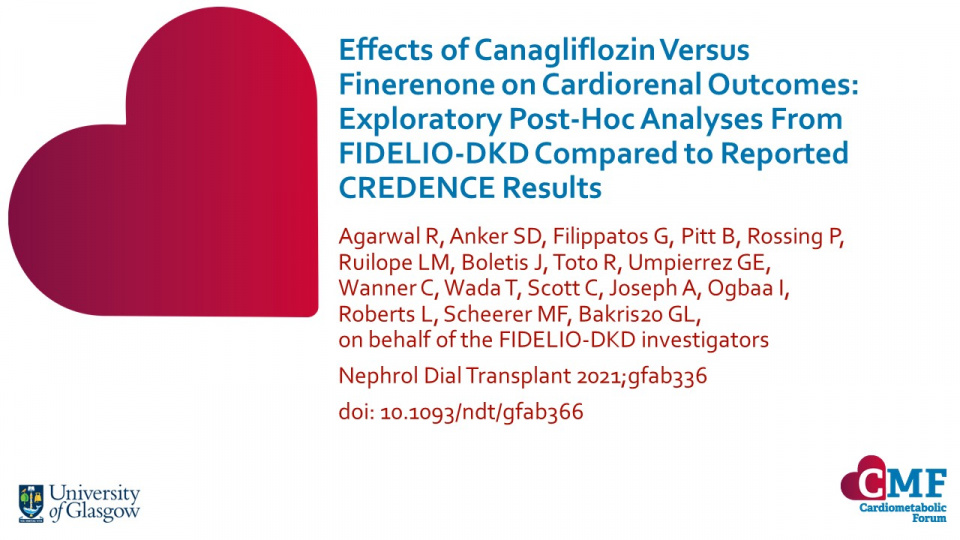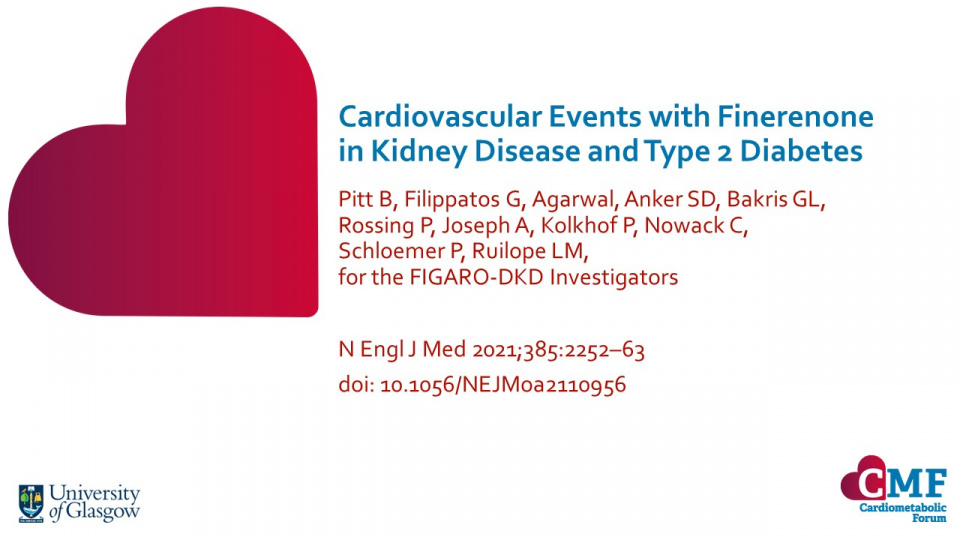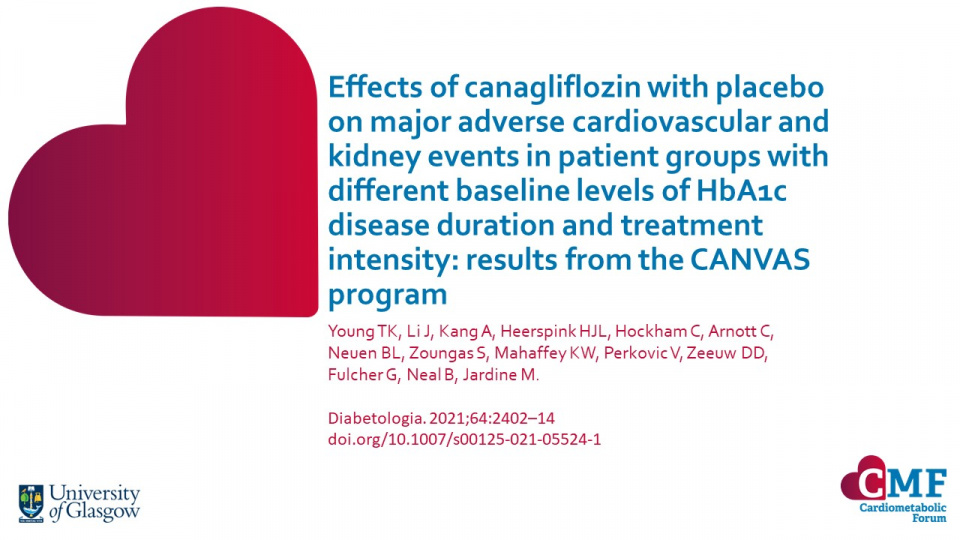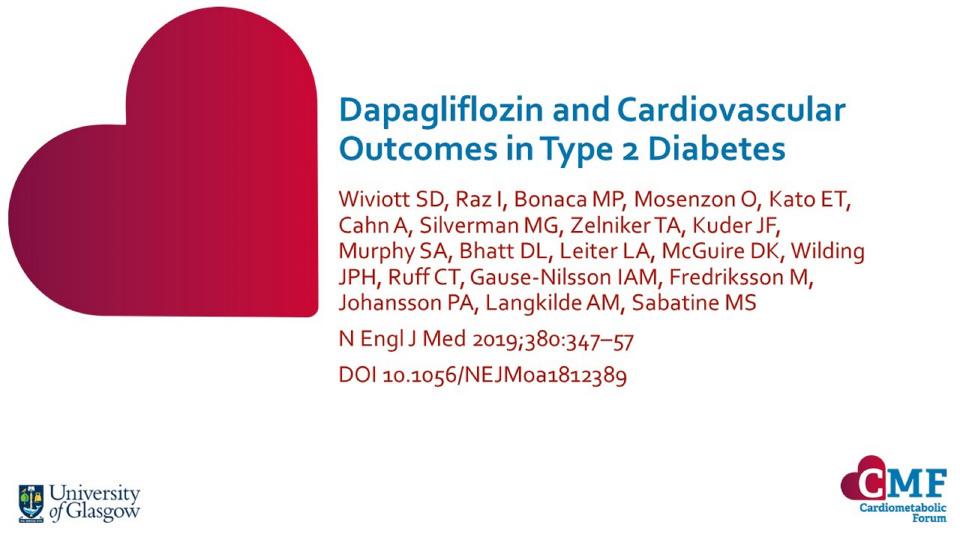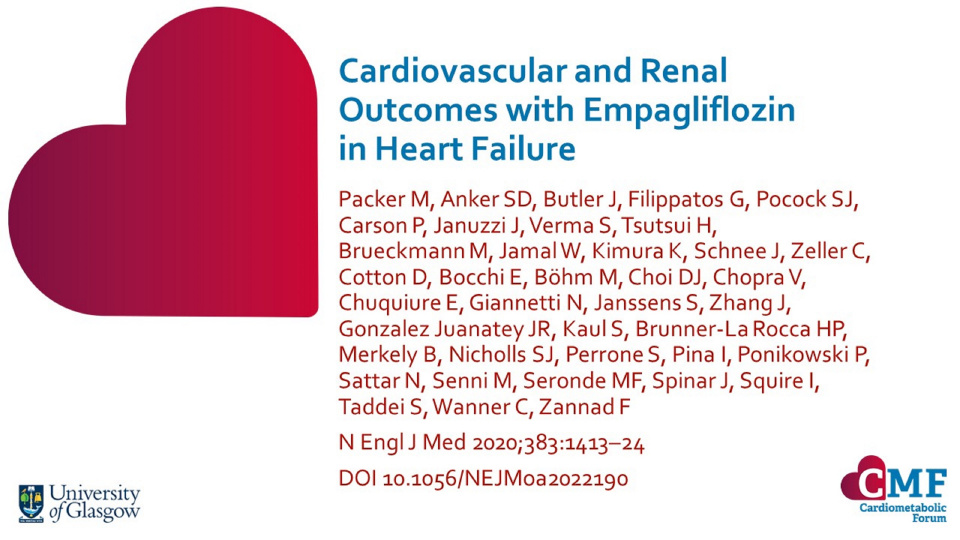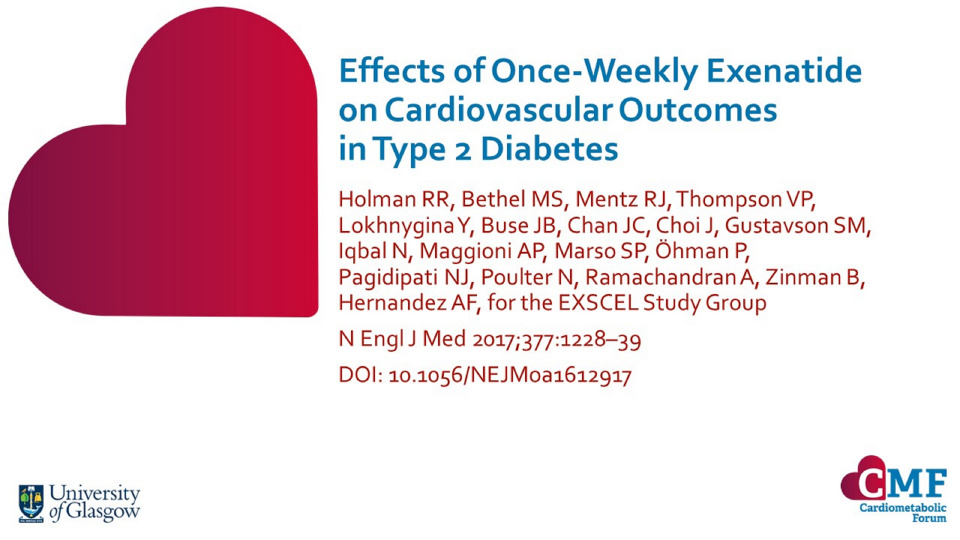Publications
Stay up to date with our literature reviews which are curated by experts to feature the most important publications released each month. Explore our publications for access to concise summary slides for your own use.
Initial Decline (“Dip”) in Estimated Glomerular Filtration Rate Following Initiation of Dapagliflozin in Patients With Heart Failure and Reduced Ejection Fraction: Insights From DAPA-HF
Circulation 2022; Online ahead of print doi: 10.1161/CIRCULATIONAHA.121.058910
The results of this subgroup analysis from DAPA-HF show that – although estimated glomerular filtration rate (eGFR) decline is generally associated with poorer prognosis in most situations – an initial dip with a sodium-glucose co-transporter-2 inhibitor (SGLT2i) may be associated with slower rate of decline in kidney function.
The SGLT2 Inhibitor Empagliflozin in Patients Hospitalized For Acute Heart Failure: A Multinational Randomized Trial
Nature Med 2022;28:568–74 doi: 10.1038/s41591-021-01659-1
Empagliflozin is well tolerated in patients hospitalised for acute heart failure, resulting in significant clinical benefit 90 days after treatment initiation.
The Comparative Cardiovascular and Renal Effectiveness of Sodium-Glucose Co-Transporter-2 Inhibitors and Glucagon-Like Peptide-1 Receptor Agonists: A Scandinavian Cohort Study
Diabetes Obes Metab 2022;24:473–85 doi: 10.1111/dom.14598
In this study by Ueda et al., SGLT2 inhibitors were associated with a similar risk of heart failure and a lower risk of serious renal events compared with GLP-1 receptor agonist,s and the use of GLP-1 receptor agonists was associated with a slightly lower risk of MACE compared with SGLT2 inhibitors.
Cardiovascular Outcomes with Finerenone According to Glycemic Status at Baseline and Prior Treatment with Newer Antidiabetics among Patients with Type 2 Diabetes Mellitus
Endocrinol Metab 2022;37:170–4; doi.org/10.3803/EnM.2021.1296
Finerenone induced a 13% risk reduction in MACE (a composite of death from CV causes, nonfatal myocardial infarction, nonfatal stroke, or hospitalisation for heart failure) regardless of prior glycaemia. There was no difference in finerenone-derived MACE benefits whether patients were on baseline SGLT2i or GLP-1RA or not.
Effects of Canagliflozin Versus Finerenone on Cardiorenal Outcomes: Exploratory Post-Hoc Analyses From FIDELIO-DKD Compared to Reported CREDENCE Results
Nephrol Dial Transplant 2021;gfab336 doi: 10.1093/ndt/gfab366
Finerenone and canagliflozin reduce cardiorenal risk in patients who are albuminuric. This exploratory post-hoc analyses by Agarwal et al. investigated how differences in trial design influenced observed treatment effects in the FIDELIO-DKD and CREDENCE studies.
Cardiovascular Events with Finerenone in Kidney Disease and Type 2 Diabetes
N Engl J Med 2021;385:2252–63 doi: 10.1056/NEJMoa2110956
Finerenone has desirable effects on cardiorenal outcomes in patients with stage 3 or 4 chronic kidney disease (CKD), type 2 diabetes and severely elevated albuminuria. The outcomes of the use of finerenone are unclear in patients with type 2 diabetes and a wider range of CKD.
Keywords:
Effects of canagliflozin with placebo on major adverse cardiovascular and kidney events in patient groups with different baseline levels of HbA1c disease duration and treatment intensity: results from the CANVAS program
Diabetologia. 2021;64:2402–14 doi.org/10.1007/s00125-021-05524-1
This study by Young et al. shows canagliflozin to have beneficial CV and kidney outcomes in patients with T2DM across a range of diabetes complexities with an underlying risk of CV disease.
Dapagliflozin and Cardiovascular Outcomes in Type 2 Diabetes
N Engl J Med 2019;380:347–57 DOI 10.1056/NEJMoa1812389
Dapagliflozin was found to be noninferior to placebo in terms of major adverse cardiovascular events in the DECLARE-TIMI 58 trial.
Cardiovascular and Renal Outcomes with Empagliflozin in Heart Failure
N Engl J Med 2020;383:1413–24 DOI 10.1056/NEJMoa2022190
Empagliflozin demonstrated a reduction in CV death, HF hospitalisation, rate of eGFR decline and risk of serious renal outcomes in patients with chronic HF and reduced ejection fraction in the EMPEROR-reduced study.
Effects of Once-Weekly Exenatide on Cardiovascular Outcomes in Type 2 Diabetes
N Engl J Med 2017;377:1228–39 DOI: 10.1056/NEJMoa1612917
The EXSCEL study showed that among patients with type 2 diabetes (T2D) with or without previous cardiovascular (CV) disease, the incidence of major adverse cardiovascular events (MACE) did not differ significantly between patients who received exenatide and those who received placebo.

